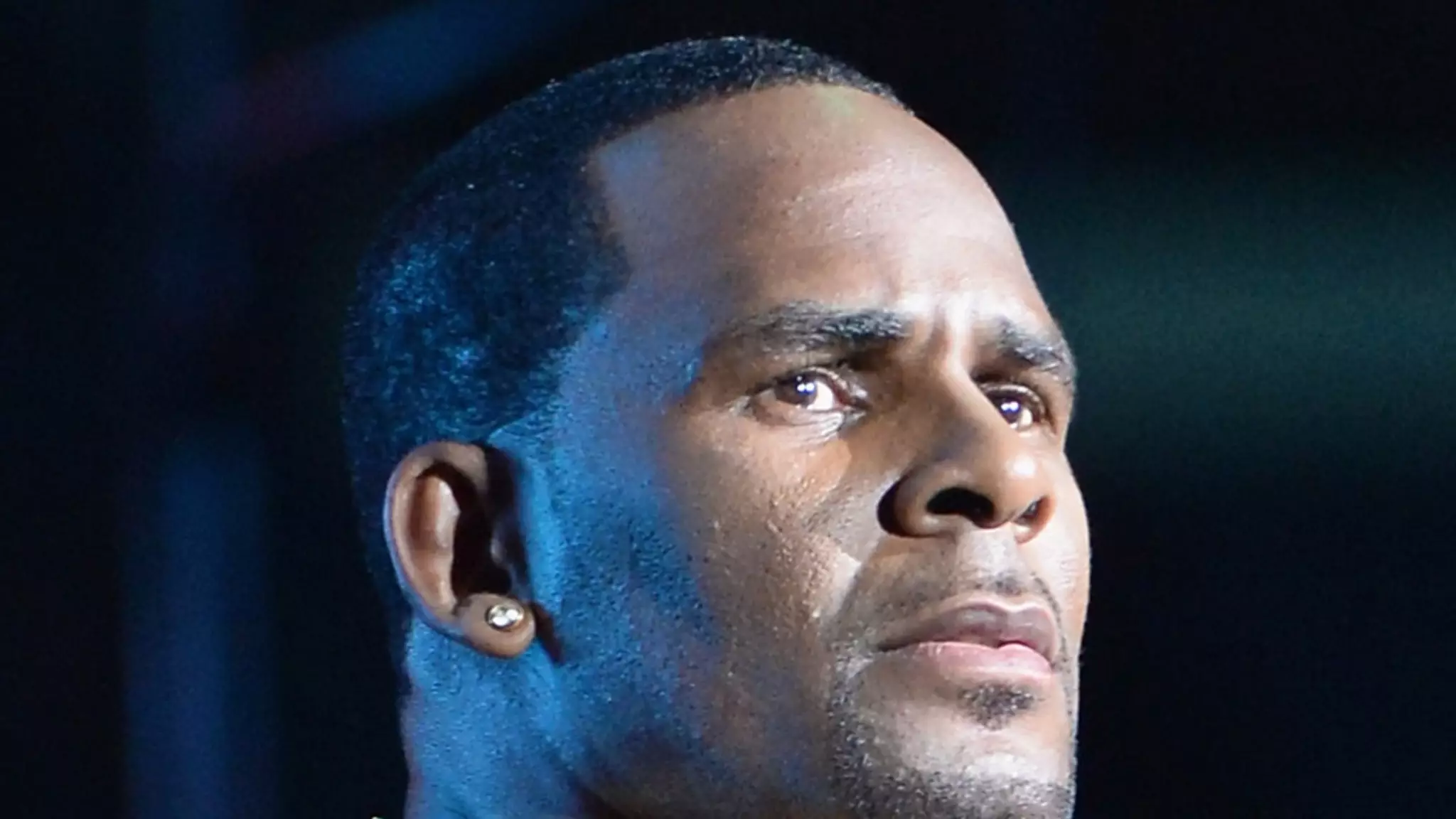R. Kelly’s story is one that has captured public attention, not just for his musical accomplishments but for the shocking allegations that have led to his downfall. The recent plea for a presidential pardon by Kelly and his legal team brings a moral dilemma to the forefront: can justice truly be served if individuals like Kelly are allowed to escape the consequences of their actions? Critical voices, notably those of Joycelyn Savage’s family, argue against any clemency for a man whose legal battles stem from deeply troubling and criminal behavior.
The Unresolved Fate of Joycelyn Savage
Central to the outrage surrounding Kelly’s proposed pardon are the unresolved issues relating to Joycelyn Savage, one of his alleged victims who has not been seen since 2019. Her absence is not just a footnote—it represents a glaring hole in the narrative of accountability for the actions of one of the music industry’s most controversial figures. Legal representatives for the Savage family emphasize their worry for Joycelyn’s well-being. They contend that Kelly’s purported control over her continues to influence her silence and that it is a poignant issue as society navigates conversations about consent and agency.
The Unyielding Pursuit of Accountability
The Savage family’s assertion that Kelly has never taken responsibility for his actions underscores a vital concern about the nature of justice in high-profile cases. In 2021, R. Kelly was found guilty of multiple counts related to racketeering and sex trafficking, and just a year later, convictions for further serious crimes followed. Each legal ruling reinforced the idea that Kelly represents a particular kind of predator who exploits vulnerability for personal gain. The calls for Kelly to serve his complete 31-year sentence are not merely punitive but rather a necessary step for a society striving for accountability.
The Flawed Argument for a Pardon
Beau Brindley, R. Kelly’s attorney, seems to advocate for a narrative of victimhood on Kelly’s part, suggesting that he is also a target of federal overreach similar to other high-profile figures. This argument strikes a dissonant chord, especially in light of the tangible pain experienced by Kelly’s victims, particularly Joycelyn Savage. The idea that a man convicted of such heinous crimes could be deserving of sympathy or forgiveness is deeply unsettling. It raises questions about who truly benefits from such pardons—are they designed to restore the rights of the accused, or do they further silence victims who have yet to find their voice?
Silence and Manipulation: The Continuation of Abuse
Joycelyn’s family’s claims that they have only heard from representatives claiming to speak for her adds a layer of intrigue and concern. It hints at the possibility of manipulation that extends beyond just legal boundaries—it speaks to a manipulative dynamic that may still exist within the shadow of Kelly’s influence. The absence of direct communication suggests a controlling environment, one that should warrant societal outrage rather than indifference.
In reflecting on these complexities, one must consider the broader implications of a possible pardon for R. Kelly. It serves as a stark reminder that the struggle for justice is not merely confined to the courtroom but extends into our societal conscience, where the voices of the oppressed must rise above the noise of those seeking escape from accountability.

